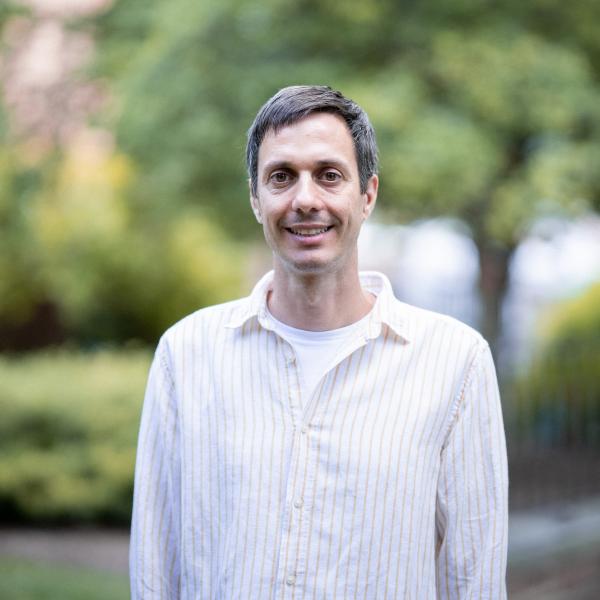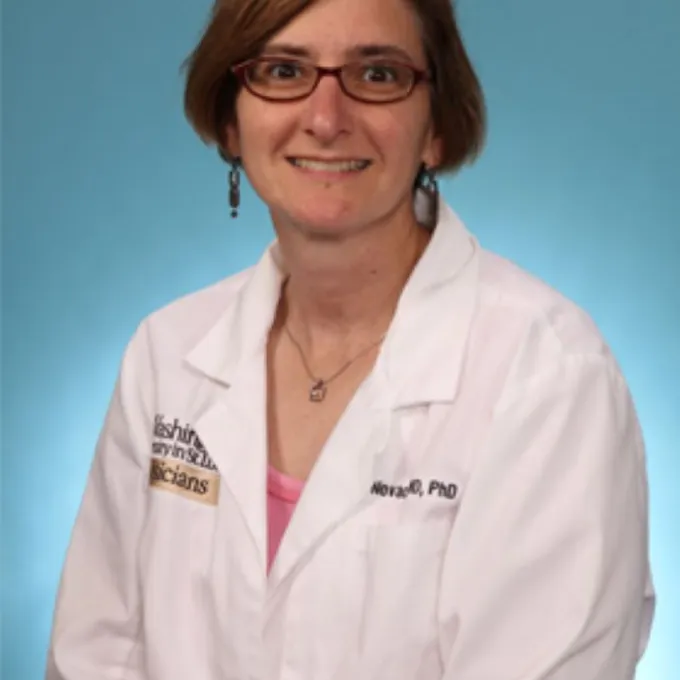Developing Cross-disciplinary Training and Technology Advancement in Infectious Disease Imaging
Infectious diseases are a persistent and growing threat to human health. Although viral diseases have received much attention recently, bacteria remain problematic, especially with the rise of antibiotic resistance and the emergence of new pathogens. It is critical that we develop imaging tools that enhance their study in laboratory settings, facilitate diagnosis in the clinic, and guide treatment to improve outcomes.
The Next Frontiers in Radio Chemistry cluster is focused on developing cross-disciplinary, team-based training and technology advancement in infectious disease imaging that spans the Danforth Campus and the School of Medicine. Engaging researchers, clinicians and students, we will support course offerings, community and industrial interactions, and innovative research efforts in models of pernicious bacterial infections to establish Washington University at the forefront of molecular imaging in this space.





